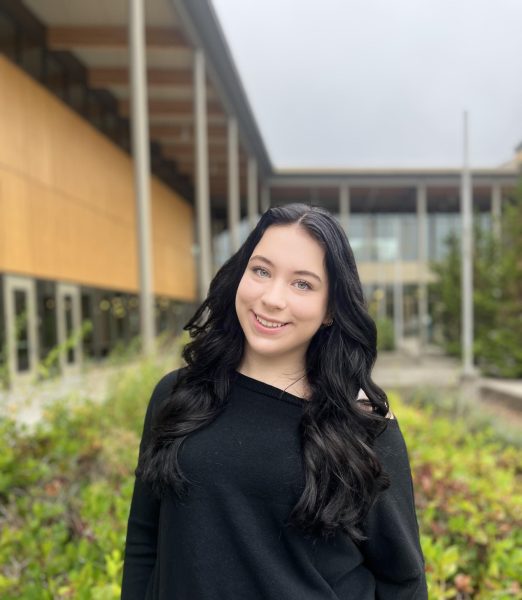Politics. Religion. The things that are not talked about at family gatherings. Society does not want to create a “tough” conversation by mentioning these controversial topics with those who we love. So, why are we friends with people who have different beliefs that us? It is not possible; you would have to live in fear of that subject being brought up and the harsh bite of your tongue.
Whether we like it or not, our beliefs are reflected in our day-to-day lives even without recognizing it. Our beliefs dictate how we interact with each other and affect every single conversation. If you are to walk down the street and see a random person standing waiting to cross on the other side, there are so many ways we interpret the person there without realizing it. This subconscious way that we interpret things differently creates conflict. An article from The New York Times states, “Who you are determines what you believe.” Nature versus nurture plays a huge part in who are as people. I know many people who grew up with very strict values from their families but do not believe in them or choose to not follow them. This creates a feeling of resentment in those who try to force their beliefs on others
Our beliefs shape our identity and so does how we view and respect others’ beliefs. I am in no way saying that if you do not agree with someone’s beliefs you should not respect them or should ignore them. I am saying that you can be friends with them, but you will never be able to fully share their opinions with them. One major example of this is family members who have different beliefs than you. At family events we always avoid controversial topics in fear of making the situation “awkward.” It would be awkward because my family knows that we all have different opinions and that opening these doors will create arguments and disagreements.
Some argue that it is one hundred percent possible to be completely friends with someone who has different beliefs from you because it can create a positive way to discuss politics with someone who does have different opinions. However, having these disagreements with other people quickly becomes heated and, in some cases, it could even border on unsafe. If one person in a friendship is LGBTQ+ and the other does not support that person’s sexuality, there is no way that they could have a positive agreement on the topic. This scenario can also occur if someone does not agree with your political, racial, economic, or religious stance. Therefore, it is not possible to be completely friends with someone who has different viewpoints and beliefs as you.


